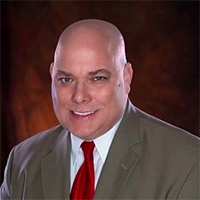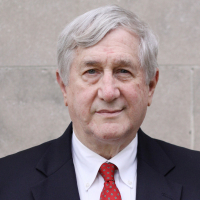Scotland Criminal Lawyer, Maryland
Sponsored Law Firm
-
 x
x

Click For More Info:
-
Law Office of Mark S. Guralnick
55 Madison Avenue 4th Floor Morristown, NJ 07960» view mapCriminal Defense Law Dedicated. Fearless. Successful.
Mark S. Guralnick and his legal team have helped clients throughout the USA and across the world by applying unparalleled dedication and hard work to each case.
800-399-8371
A. Shane Mattingly
✓ VERIFIEDCriminal, Divorce & Family Law, Car Accident
For Mr. Mattingly, there is nothing more satisfying than helping others in need. After obtaining his degree from Undergraduate Catholic University in ... (more)
Harold Stanley Link
✓ VERIFIEDCriminal, Divorce & Family Law, Motor Vehicle, Accident & Injury, Wills & Probate
Owner and managing attorney of the Law Office of Harold S. Link, which has been affording quality legal services at an affordable price for more than ... (more)
Judith Adrienne Gillett
Litigation, Family Law, Divorce & Family Law, Criminal
Status: In Good Standing
FREE CONSULTATION
CONTACTRebekka J. Vallandingham
Divorce & Family Law, Criminal, Litigation
Status: In Good Standing Licensed: 11 Years
Samuel C P Baldwin
Estate, Divorce & Family Law, Criminal, Traffic
Status: In Good Standing Licensed: 40 Years
David Alan Weiskopf
Federal Appellate Practice, Government, Family Law, Criminal
Status: In Good Standing Licensed: 28 Years
Troy Hansen
Trusts, Family Law, Divorce & Family Law, Criminal
Status: In Good Standing Licensed: 19 Years
 Mark Guralnick Morristown, NJ
Mark Guralnick Morristown, NJ AboutLaw Office of Mark S. Guralnick
AboutLaw Office of Mark S. Guralnick Practice AreasExpertise
Practice AreasExpertise


